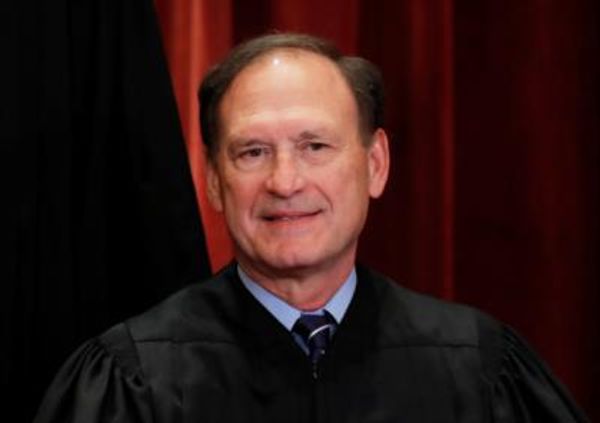
In the 1970s, Professor Ronald A Howard of Stanford University worked out a unit of risk in death which he called a micromort. So, an operation with a general anaesthetic clocks up 10 micromorts, while running a marathon comes in more modestly at seven. How many micromorts there are in a 12-month run of attendances at funerals he didn’t calculate. However, from personal experience, metaphorically and practically, it turns the Grim Reaper into an uncomfortably close companion that does give pause for reflection about the best way that I can bow out.
For me, there will be no “joyful” tangerine-themed celebration; no eulogy from a vicar struggling hard to paint a portrait of a person they never met; no trek to a woodland glade in a cardboard box; no final opportunity for friends and relatives to collectively say goodbye. With luck, I may occasionally pop back in the shape of a memory, flaws erased, personality polished to perfection by the passage of time.
Recently, a YouGov poll for the thinktank Theos, which aims to stimulate debate about religion in society, reported that 47% of people don’t want a funeral, a ceremony or a party. Only 13% said this was for financial reasons.
They, of course, might be among the few who have researched the issue, since funerals do not come cheap. According to SunLife insurance, the average cost of a burial is £4,794. Perhaps more surprising is that even the vaguely Sopranos-style idea of burial at sea has a price – £2,785 and rising because the coffin must have holes drilled in it and a block of concrete or metal attached.
Worldwide, two people die every second. Visually, in the current horrendous chaos, loss of life is impossible to avoid. Perhaps the taboo around death is dissolving? Theos, as part of its series Dying for Beginners, argues that the taboo persists and the turning away from funerals is a sign “market forces are rapidly shaping how we all grieve… [leaving] us poorer as individuals and society”. Is that really so?
As a child in the 50s and 60s, “proper” funerals were less about a shared ritual and religion, more about what the neighbours might say if he or she who had “passed” wasn’t given a good send-off – the wrongs of rites. Every faith has its own rituals and they, undoubtedly, provide comfort. But, as anyone can attest who has had to arrange a funeral, often at the saddest of times, it’s a potential consumer nightmare.
What kind of casket – oak, pine or something of lesser quality that then carries a burden of guilt? What kind of lining in the casket? What flowers? What music (the theme tune for the TV series Last of the Summer Wine is a favourite, which is, perhaps, a clue to the age of the departed). Where? When? Who to invite? What about the wake?
Three of the most remarkable funerals I’ve attended were for men who lived decent, quiet lives. Even close friends were surprised at the recounting of the extent of the interests of each man and how much they had given back, volunteering over years and years without fuss. In each case, most of the community had attended, an expression of respect and recognition, sacred in its own way.
In 2003, the feminist academic and prolific writer Carolyn Gold Heilbrun took her own life. She was 77. She wasn’t depressed or sick but she did not desire becoming “a useless person”. She had discussed suicide many times over the years. As for her funeral, she said she had no feelings on the matter. “You can flush my ashes down the toilet for all I care.” Her suicide note read: “The journey is over, love to all.”
So, who is a funeral – in whatever form it takes – really for? Those who live on? Or can the private knowledge that a friend, loved one, neighbour will no longer be around be sufficient in itself? In All That Remains, Professor Sue Black, a forensic anthropologist, quotes the late political journalist Professor Norman Cousins. “Death is not the greatest loss in life,” he wrote. “The greatest loss is what dies inside us while we live.”
Ultimately, then, perhaps the best I can do when the time comes, after all, is let those left behind make whatever arrangements they see fit. I shan’t be losing sleep.






